Saudis, Vietnam mull rice cultivation deal
- Reuters
- 11 April 2010
Vietnam's president Nguyen Minh Triet on Saturday met Saudi business leaders who asked for flexible investment regulations and access to Vietnam's farmlands
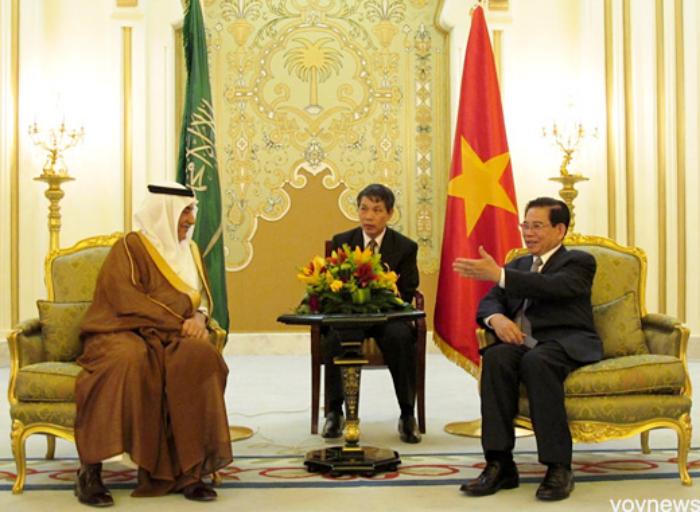
Vietnam's president Nguyen Minh Triet on Saturday met Saudi business leaders who asked for flexible investment regulations and access to Vietnam's farmlands
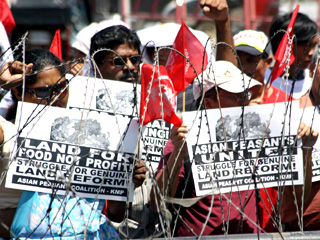
Asian Peasant Coalition composed of 20 Asian country members join the protests on Sunday in Mendiola, Manila, calling to stop global landgrabbing

Rebuttal from Ethiopia's ambassador to Japan against the article "Japan, please don't go grabbing Ethiopians' land," insisting that the government is only leasing out "unutilized land and some other land holdings by government-owned enterprises".
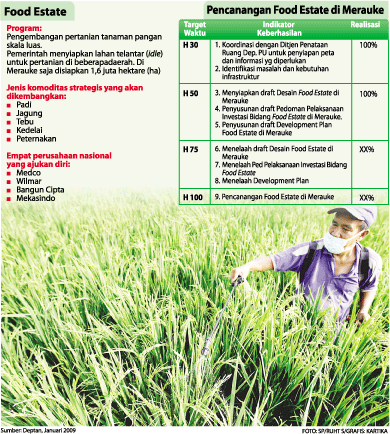
Plans for a US$6 billion food estate in the Merauke region of West Papua has been attacked by farmer and environmental organisations as a land grab that would destroy 2 million hectares of virgin forest.
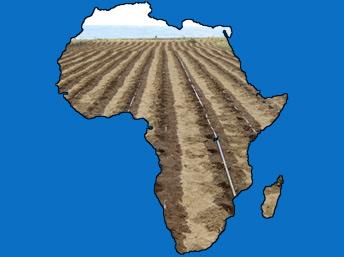
Les gouvernements africains ont multiplié les contrats de location de terres agricoles avec des sociétés étrangères au cours de ces cinq dernières années. Le phénomène n'est pas nouveau mais les motivations, les acquéreurs et le rythme d'acquisition, oui.
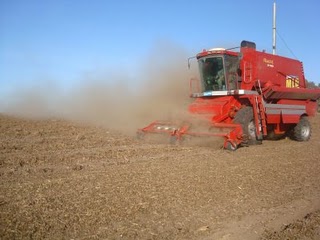
India's food crisis can be lessened by growing some of the relevant crops like wheat, rice, pulses and oilseeds in Argentina.

"We need to employ some protectionist policies to save our continent from a new form of colonization"

Flotation would go towards plans to increase elevator capacity and expand the group's land bank to 200,000 hectares.

Algeria plans for the first time to invite bids from foreign investors to lease farmland

Selon le Parti pour l’indépendance et le travail, la nouvelle loi sénégalaise sur la privatisation des terres est une vaste opération de bradage des terres utiles du Sénégal au profit des agrobusiness, entamée avec la bénédiction des institutions de Bretton Woods.
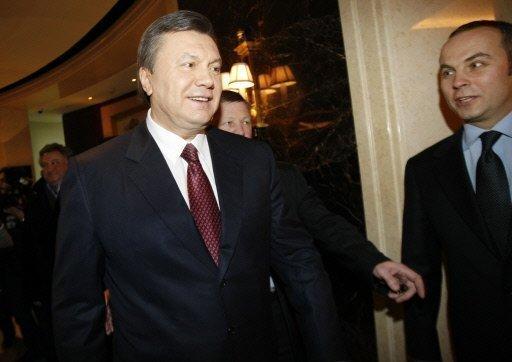
Interview with Wadid Erian of the Arab Centre for the Studies of Arid Zones and Dry Lands.

Les investisseurs nationaux et internationaux occupent de plus en plus de terres arables au Mali pour une production répondant à la crise céréalière.